Swiss-designed Acropolis museum sparks controversy
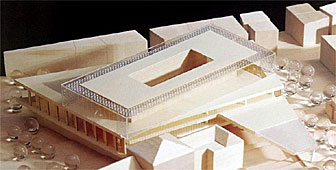
The unveiling by Swiss architect Bernard Tschumi of his plans for a new Acropolis museum in Athens has revived a heated controversy in Greece.
Tschumi won an international competition for designing the museum with the plans, described by Greek culture minister Evangelos Venizelos as “an ingenious solution, just how we imagined it to be.”
But the official praise comes against a background of opposition to the proposed location of the new museum, which Greece hopes will house the Parthenon sculptures – also known as the Elgin marbles – displayed for nearly 200 years in the British museum.
Protests lodged
Archaeologist Yiannis Haimis, head of a committee formed to oppose its construction, is awaiting the result of protests lodged with UNESCO and the European Union. He says: “The site was badly chosen.”
Haimis believes that the museum would be “a foreign body” amidst the “Sacred Rock” and the Acropolis. “Furthermore,” he added, “its location would impede further exploration of the southern slope of the rock, where important discoveries have been made dating back to the Palaeothic period.”
For his part, Tschumi says he envisages a glass-enclosed space on the top of the building, which would enable visitors to view the Elgin marbles and at the same time be able to see the Parthenon itself in the background. “The idea is for people to simultaneously see both,” he told swissinfo.
The Swiss architect wants the Elgin marbles to be displayed in natural light, and to be seen in the context where they originated.
“From the beginning they were my guide for the plans for this museum,” he said during the Athens presentation of the maquette.
Controversial location
Shipped to London by the British ambassador to the Ottoman Empire, Lord Elgin, the current location of the sculptures has long been controversial. Greek requests for their restitution are a regular subject of discussion between the Greek and British authorities.
Tschumi told swissinfo that he believes it would make “complete sense” to return them. “But this is an issue which will continue to be hotly debated by museologists, politicians, cultural commentators and so on.”
Born in Lausanne in 1944, Tschumi studied at the Federal Institute of Technology in Zurich and later taught architecture in London, New York and at Princeton University in New Jersey. The author of several books about architecture, his work has earned him numerous international awards.
He now heads a practice with offices in New York and Paris, and has designed prestigious buildings in both cities as well as in other parts of the world.
But the Acropolis museum project is, he admits, in a class of its own: “It’s certainly an unusual commission. This is the first time I’ve been confronted with a major culture dating back to 2,500 years ago, and which has influenced the whole history of architecture.”
The Athens museum will be located at the foot of the Acropolis and linked to other important archaeological sites by a pedestrian walkway. It’s hoped it will be completed before the city hosts the Olympic games in 2004.
by Richard Dawson and Ramsey Zarifeh

In compliance with the JTI standards
More: SWI swissinfo.ch certified by the Journalism Trust Initiative
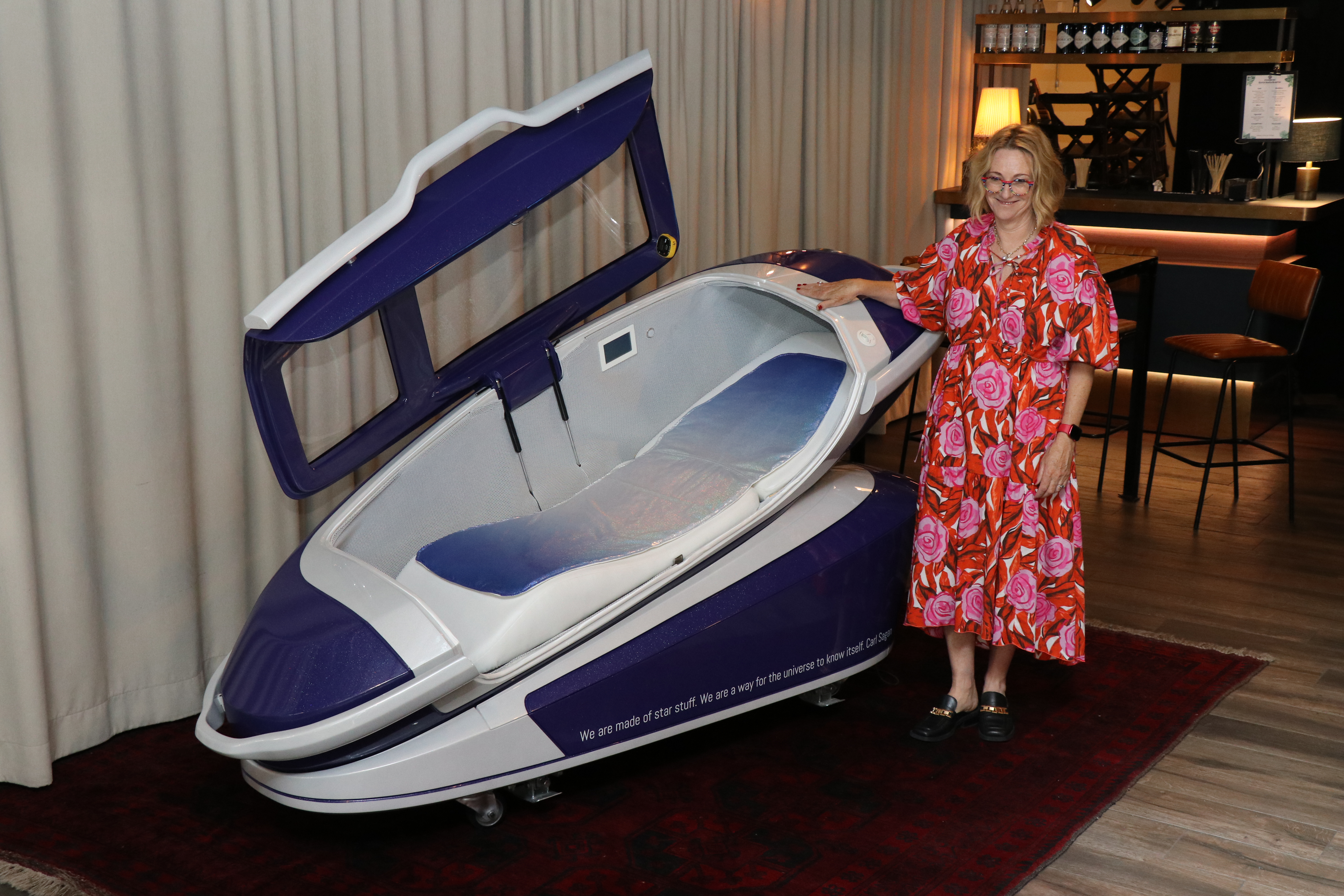
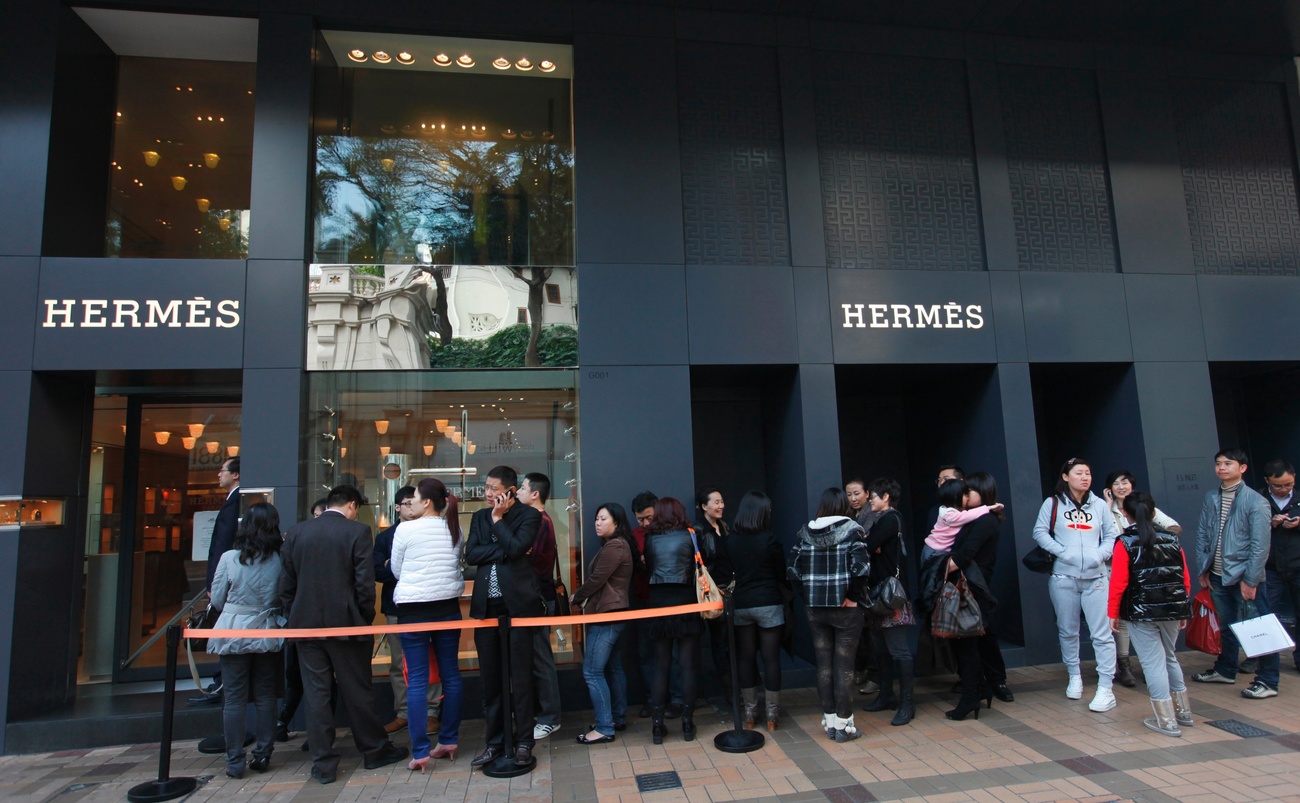




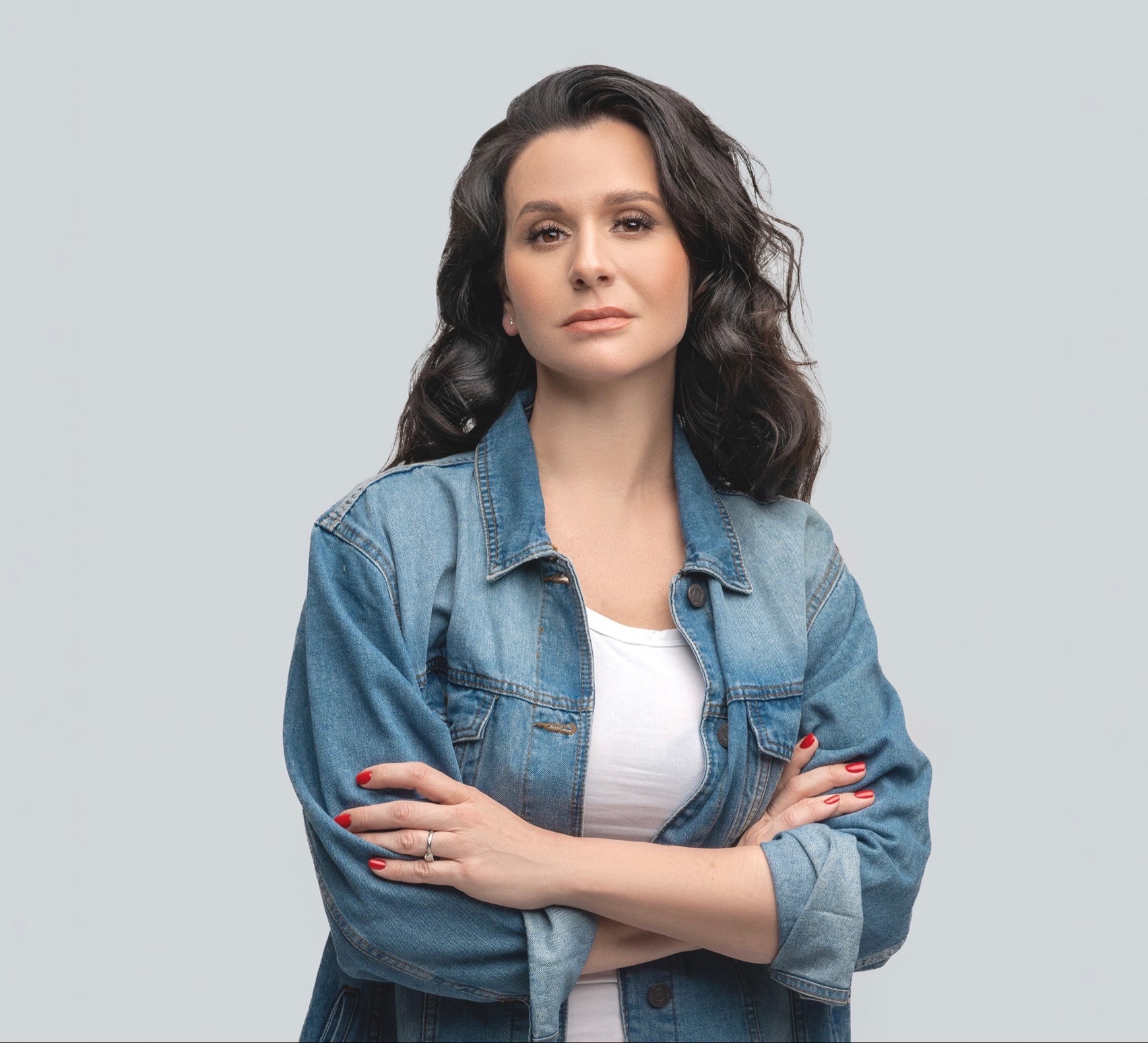
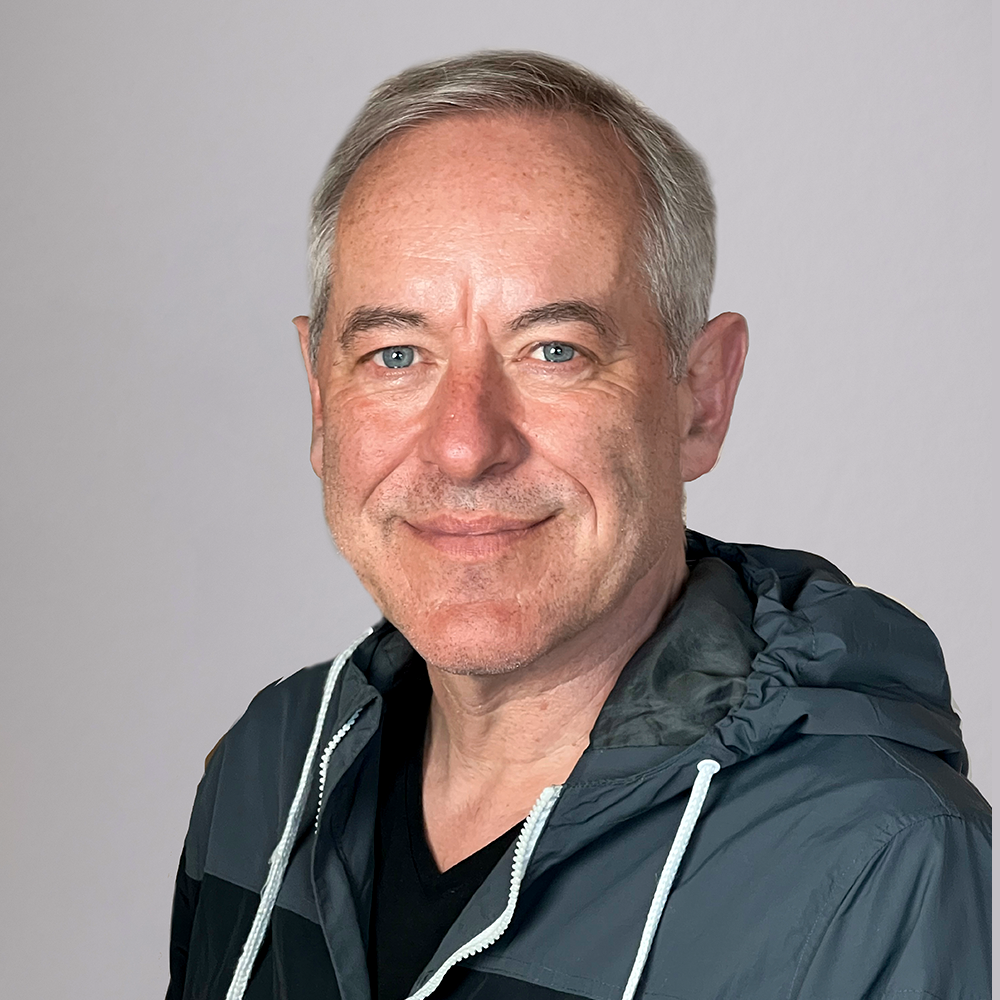
You can find an overview of ongoing debates with our journalists here . Please join us!
If you want to start a conversation about a topic raised in this article or want to report factual errors, email us at english@swissinfo.ch.